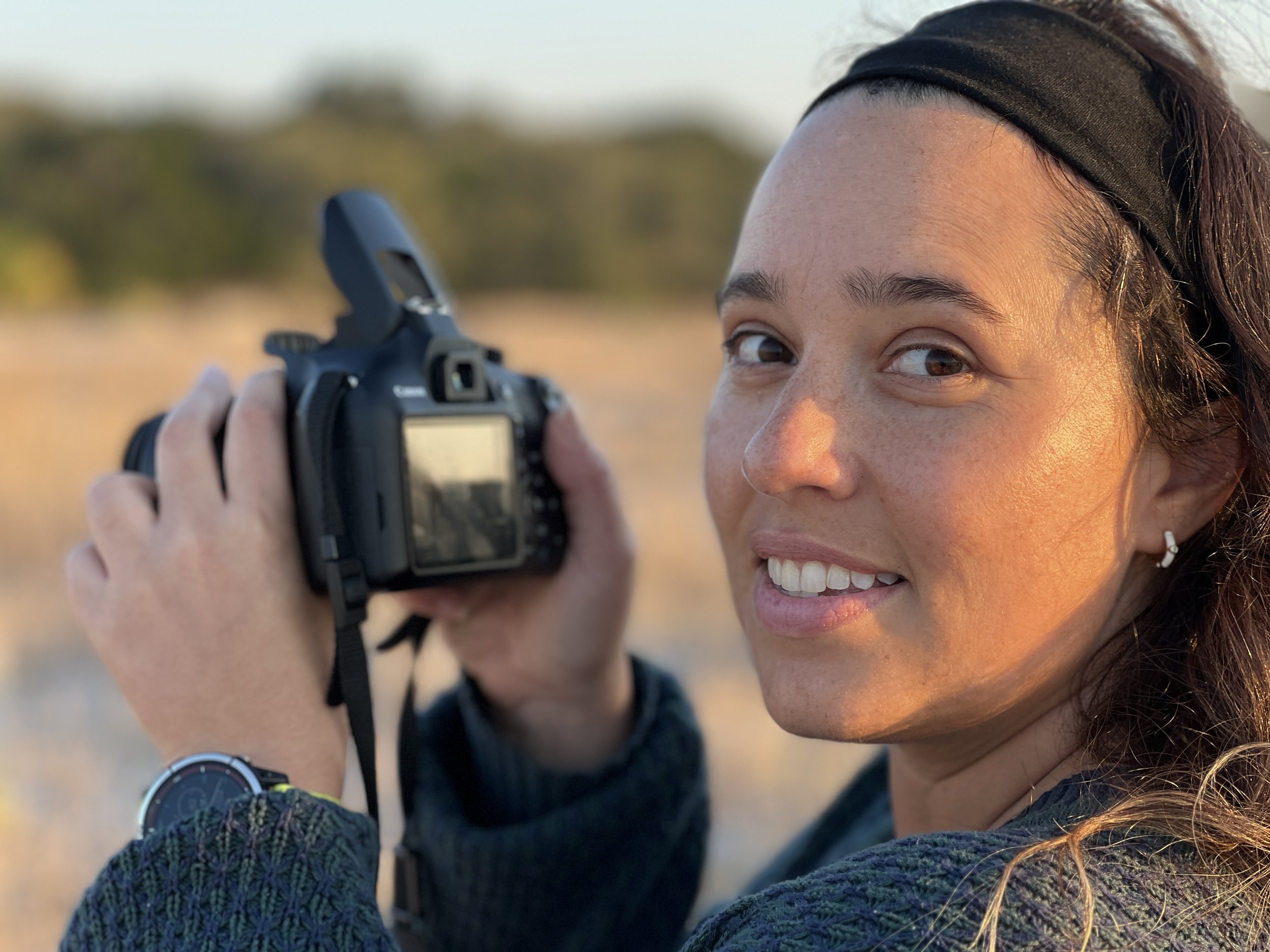
Get to know Nina
Mission Statement
Safeguarding cultural landscapes involves recognizing the complex connections between people and nature, preserving not only the land itself but also the heritage stories and identities embedded within it. My mission is to bridge engineering, historic preservation and climate resilience to co-develop sustainable and culturally sensitive solutions with communities to protect their landscapes and associated heritage from climate hazards.
About Nina
UNESCO stated that biodiversity and nature have profound cultural and spiritual dimensions. We have entered a defining moment where accelerated climate change impacts, such as sea level rise, are greatly affecting these dimensions including the lives, places and cultures of communities worldwide. My work as a Ph.D. Candidate in University of Miami’s Department of Civil and Architectural Engineering is rooted in the belief that protecting our landscapes and heritage requires a transdisciplinary approach. An approach the not only requires interdisciplinary methodologies but further extends to integrate communities in co-producing climate resilience solutions for cultural landscape protection, especially the intangible facets of societal and landscape relationships. My main research focus is in human-nature coupled systems, specifically cultural landscapes, and the cultural heritage that arises out of these systems. I am currently devising a mix-methods assessment to holistically quantify cultural landscape resilience from a relational values lens.
Prior to my doctoral research, I spent 8+ years as a structural engineer, specializing in the rehabilitation and restoration of heritage sites spanning the U.S. northeast region. During this career, I have supported various communities, private sector partners, non-profits, and municipal agencies in solving preservation and engineering issues that range from historic structure reports and assessments, repair and rehabilitation design, resilience & cultural resource education, and community engagement and relationship building with industry professionals.
My shift back to academia came out of my passion to bridge engineering, cultural heritage protection and climate resilience such that scientific approaches can be integrated with the generational knowledge of communities worldwide. I serve as a research team member of the Coastal Heritage at Risk Taskforce (CHART), a taskforce foundationally created from a decolonial public anthropology project known as the Untold Stories at Risk: Coastal Heritage, Site Risk Assessment, and Educational Outreach. I additionally currently serve as board of directors member of both Castalia STEAM Education Outdoor Center as well as the Archeology Society of South Florida.
In my downtime, I enjoy sailing around Key Biscayne in the greater Miami area. I am ASA 101 Basic Keelboat certified and I am currently working on my ASA 103 and 104 certifications. All of this would not have been possible without my volunteer work with Shake-A-Leg Miami. Shake-A-Leg is a non profit organization that provides adaptative watersports for those who have physical and intellectual disabilities.
Key Tenets
By co-producing and reflecting on the principle values that drive my mission, I continue to strive for a culture of care and stewardship with communities through the following five tenets:
-
For climate solutions to be utilized effectively in aiding communities to allocate resources to protect what is most significant to them, it is imperative that communities are at the forefront to co-create and co-produce knowledge. This is why a transdisciplinary approach rooted in principles of care is at the foundation of the work I do.
-
Often times, well-intentioned preservation and climate organizations utilize the term “empower” when referring to helping communities. My aim is to not empower community because this suggests that the power never existed within the community when it always has. My role is to not only show that community that power but facilitate its use effectively for community-based climate solutions protecting their heritage. Furthermore, solutions also need to consider cultural sensitivities as each community is different and has varied approaches to heritage protection.
-
Community based research has often been extractive and lacking in follow-up with community and publishing deliverables without community consent. This often leads communities to be skeptical and protective in determining who they allow to into the community. Moreso, this extractive work leaves no space to consider culturally sensitive issues, negative history and potential reconciliatory efforts thereof. Therefore, I believe it is incredibly important to spend the time necessary building trust and rapport with the community to fully understand not only what they value about their heritage but the challenges they are facing to protect it.
-
Knowledge exchange and education is so critical as we are all teaching each other key facets about our stories and heritage that were not known before. When it comes to complex issues that may impact our heritage, it is important that we build education and awareness to not only highlight those issues but encourage communities to act as such with climate change and social justice.
-
As a people of this world, I believe we are responsible to steward it and each other and provide the best protective means to make our communities more resilient to future impacts of climate change. A great degree of this work involves minimizing our footprint on the environment and building a more resilient and sustainable future for our children.
LEARN MORE ABOUT MY RESEARCH BELOW


